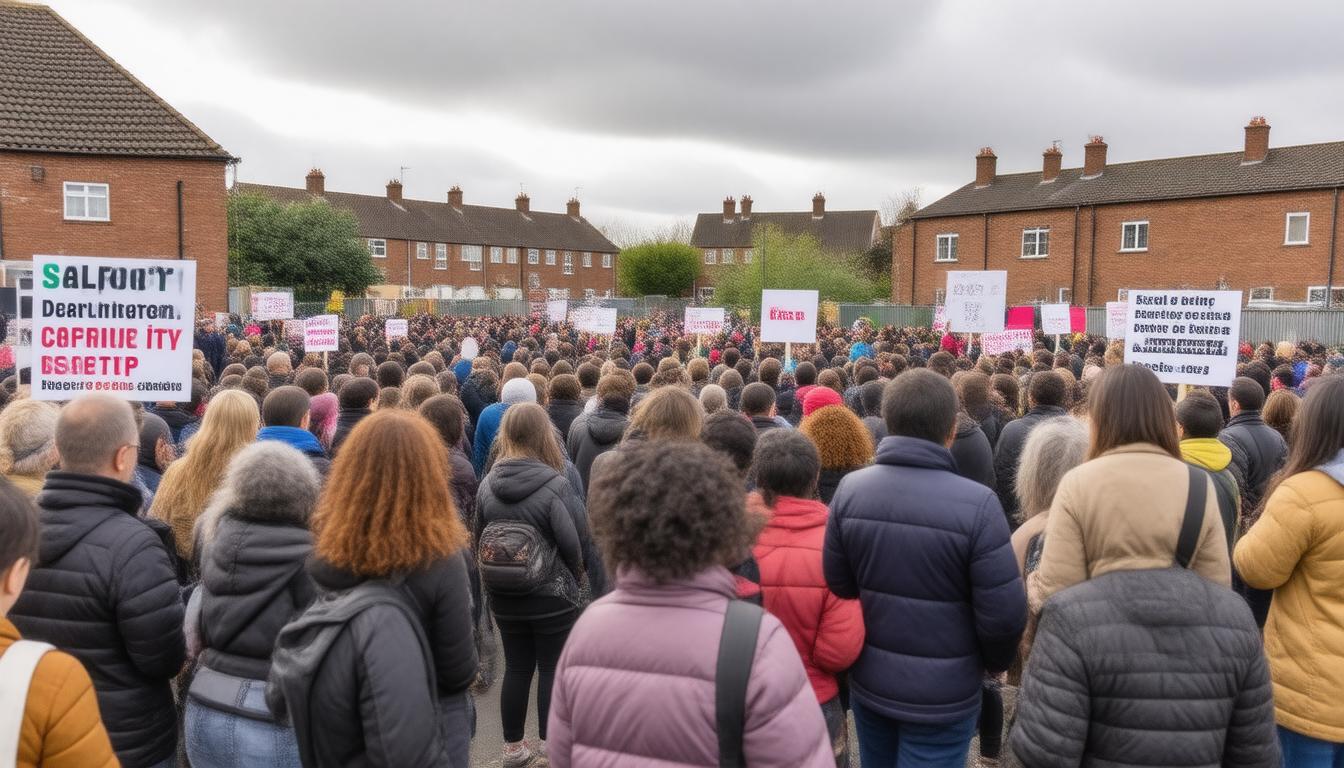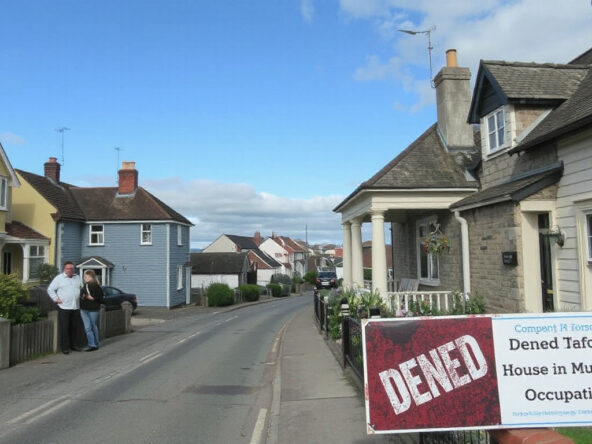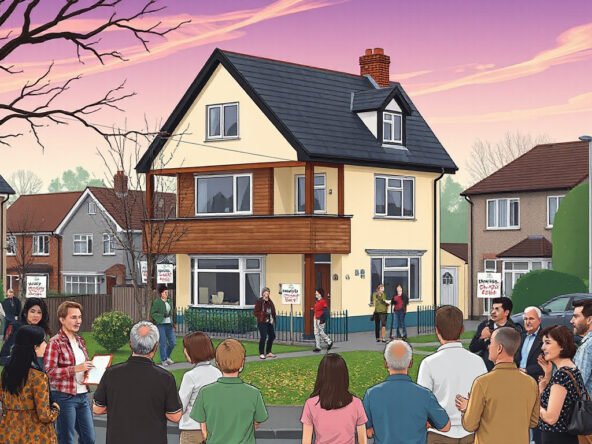In recent months, Darlington has witnessed a growing crisis involving Houses in Multiple Occupation (HMOs) that has raised significant concern among residents and council leaders. Reports indicate a troubling correlation between these properties and a rise in crime rates, alongside deteriorating living conditions for tenants. As communities advocate for change, there are increasing calls for the implementation of stricter regulations aimed at enhancing housing quality and ensuring safer living environments. This article delves into the nature of the HMO crisis in Darlington, highlighting community advocacy efforts to push for improved regulations and oversight.
Key Takeaways
- HMOs in Darlington are linked to increasing crime and poor living conditions.
- The community is demanding stricter regulations to improve housing quality and safety.
- Effective management and oversight of HMOs are crucial for fostering better neighborhood living standards.
Overview of the HMO Crisis in Darlington
In recent months, Darlington has become increasingly aware of the challenges posed by Houses in Multiple Occupation (HMOs), with local council leaders expressing serious concerns about the implications these properties have on both crime and the living conditions of tenants. Recent data indicates that areas with a high concentration of HMOs are experiencing a surge in anti-social behavior and crime rates, significantly impacting the quality of life for residents. Consequently, community advocates are urging authorities to impose stricter regulations aimed at elevating housing standards and ensuring tenant safety. This push for better management and oversight of HMOs is seen as essential not only for protecting residents but also for restoring neighborhood integrity. As discussions unfold, the focus remains on developing comprehensive policies that will address these pressing issues effectively (Darlington Borough Council, 2024).
Additionally, housing experts argue that without robust regulatory frameworks, these challenges will likely escalate, further complicating the housing landscape in Darlington. Stakeholders are calling for action to implement measures such as mandatory licensing and a transparent inspection regime, intended to foster accountability among landlords and improve the overall living standards in HMOs across the borough. These developments highlight an urgent need for collaboration between local government, housing agencies, and the community to create sustainable solutions that prioritize health, safety, and well-being for all residents (Smith, 2024).
With the rise of HMOs correlating strongly to socio-economic challenges, the response from the council and community alike remains crucial in navigating these difficulties. As Darlington works towards addressing the HMO crisis, the overarching goal will be to ensure that all members of the community have access to safe and suitable housing.
Community Advocacy for Stricter Regulations
The ongoing community advocacy for stricter regulations is underscored by personal testimonies from residents who have closely observed the deterioration of their neighborhoods due to poorly managed HMOs. Many have reported incidents that compromise their safety, including noise disturbances and increasing crime rates. In response, local organizations have mobilized to demand comprehensive policy reform aimed at regulating these properties effectively. Community forums have been organized, allowing residents to voice their concerns and share experiences, which in turn, amplify the call for action among council leaders. Advocates stress that enhancing the existing regulatory framework, which currently lacks several essential safeguards, is vital for ensuring that those residing in HMOs are afforded the same rights to a secure and healthy living environment as other tenants. As discussions progress, a united front from community members suggests a growing appetite for change, placing pressure on local officials to address issues of housing quality with urgency (Jones, 2024).




